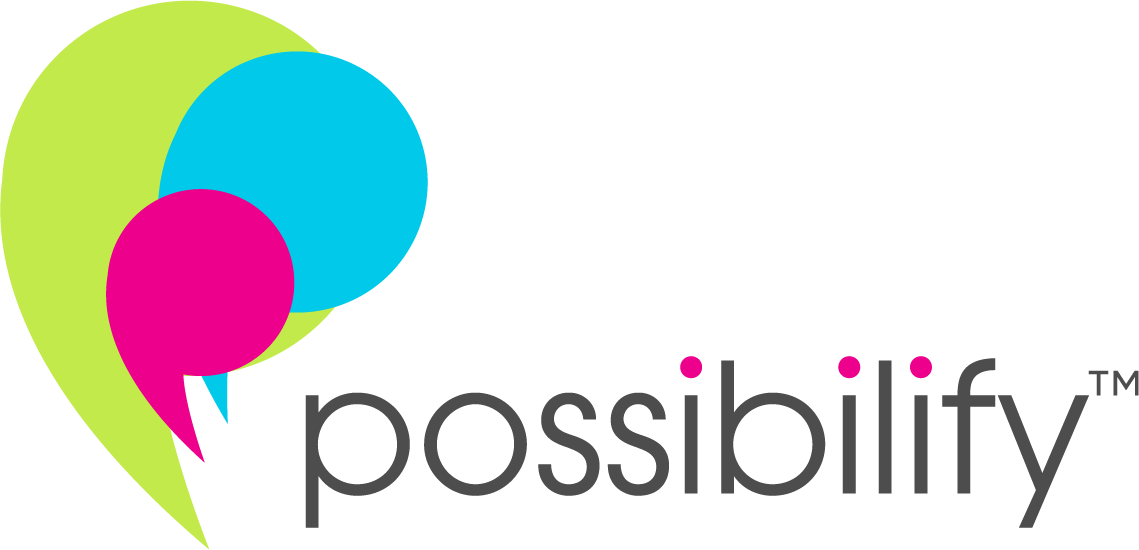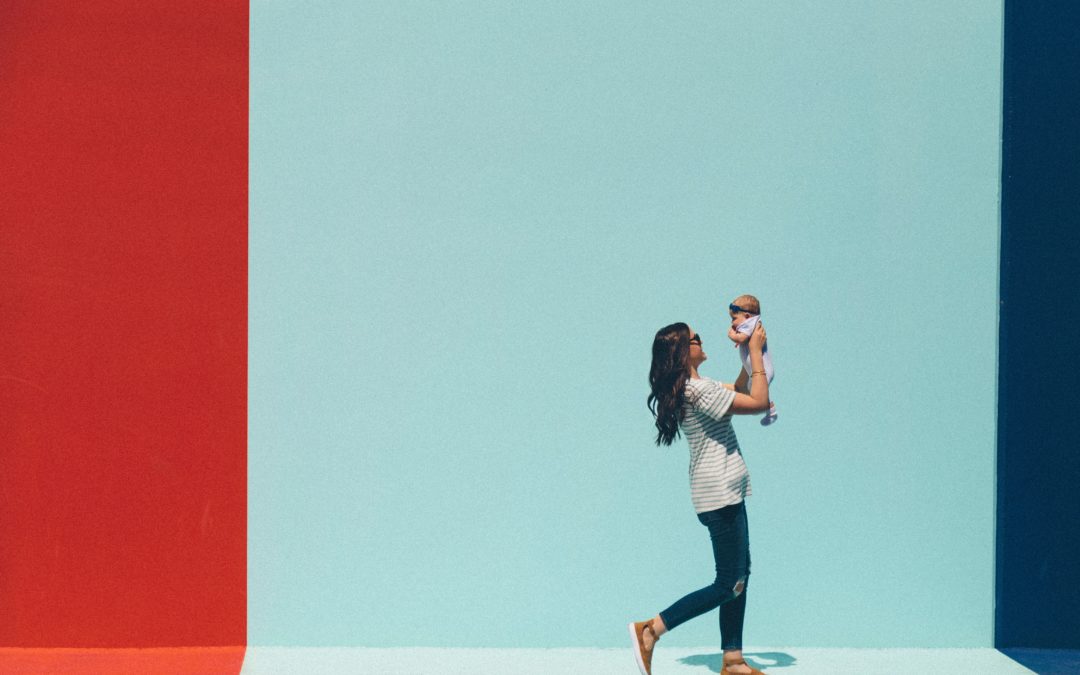- Anti-Racism Tip #8: If It Needs a Disclaimer, Don’t Say It - October 18, 2022
- On Tender Moments that Take Us By Surprise - May 18, 2022
- Finding Creative Ways to Exercise During the Pandemic - April 29, 2022
Some people think that the skills you need to be effective parents are innate. This belief is especially common if you have grown up in a household with a strong, connected and caring parent or a set of parents who have provided positive parenting role models.
There is a kernel of truth to this idea of having innate parenting skills. As parents, we’re given gifts of connection so that we wake up when our babies cry, cradle them when they are hurt and protect them from harm.
But that’s only half the story…
As parents, we also need to learn new skills and, like in so many other parts of our lives, we need to adopt a learning mindset so we can become the parents our children need us to be.
A Kaizen Mindset
Kaizen is a Japanese word that means constant, continuous improvement.
In so many areas of my life, I have embraced this mindset. As a volleyball player, I constantly learned new skills or worked on improving the skills I already had. In my health, I’m constantly researching and working with amazing health care professionals so that I can continue gaining a 1% improvement each day (or week or month or year) after my body crashed 6 years ago. As a lawyer, I constantly think about the knowledge I need to gain to make sure I’m doing my job effectively.
In many areas of our lives, the idea of constant, continuous improvement and learning is both normal and accepted. Yet for some reason, many of us are not as thoughtful or open to this mindset as parents.
Recently, I have been reflecting on how parenting has presented itself in my life as the most important part of my life to apply this mindset. When our son arrived, my husband Robby and I realized we had a steep learning curve to figure out how to comfort, support, and nurture him as a new baby, as a toddler, as a young child and now as a boy coming into his teenage years. We have had to learn and adapt to these various stages. And both of us have learned that as our son journeys through these various stages of his life, we have to keep learning new ways to communicate effectively with him.
Our son is a happy-go-lucky, easy-going kid and is well on his way to becoming to a compassionate, thoughtful, respectful, considerate human being. So after our son’s arrival, the idea of innate or positive modeling of parenting skills was confirmed.
Then our daughter arrived…
Our daughter has unique needs and an amazing personality. She’s strong, assertive, and has had to adapt to challenges that many of us have never had to live through at such a young age. She was born early and has an anaphylactic allergy to dairy. And this creates a whole host of challenges that she needs to contend with, including a heightened sense of anxiety because invisible threats are all around her. She has had serious reactions that have landed us in hospital on many occasions just by touching a surface that had dairy on it and rubbing her eye. Because of this, it’s hard to create a sense of safety for her as parents and, as many parenting books emphasize, creating a sense of safety is one of the most important things children need to flourish.
As my daughter gracefully – and sometimes not so gracefully – navigates this reality, we have realized that we need to develop a whole new set of skills to effectively parent her.
The gift of our daughter’s arrival has therefore taught us that the parenting skills we had developed with our son are not the same skills we need to effectively raise our daughter. And so, we have embarked on learning a whole new way to parent so that we can support her as she continues her journey to become a compassionate, thoughtful, respectful, considerate human being.
Opening Ourselves Up to the Lessons that We Need Most
Often the lessons that we need to learn the most present themselves to us over and over at different times of our lives. Those lessons arrive to make us reconsider what we thought we knew and remind us about the need for humility – to be able to accept that we don’t know everything we need to know and we need to continuously embrace a beginner’s mindset.
So as parents, now more than ever, Robby and I are recommitting ourselves to this kaizen mindset because what our son and our daughter need from us requires us to learn and grow in new and totally different ways.
As my good friend Rolando recently reminded me: “Parenting offers an amazing opportunity for personal growth.” It certainly does. And with growth there’s always that uncomfortable, sometimes frustrating, stage of being a beginner all over again.
So let’s remember with humility that we need to constantly and continuously improving our parenting skills. Let each of us, as parents, embrace a kaizen mindset so that we can become the parents that our children need us to be.
We would love to hear about ways that you have embraced a kaizen mindset in the comments below the post. And if you enjoyed this article, share it!
If you liked this article, check out:


Parenting meant learning new ways to connect and nurture mine as they got through stages of their life. It is like switching to a new job every time. And with two, doing two different jobs. I come to appreciate having my husband as a team offered opportunities to “switch” and allowed us to focus on each child 100%. Hats off to all parents with more than two. Both my grand parents had eight kids, can’t imagine how they managed.
The description of doing two different jobs really resonates with me as I continue learning how to support each of my children differently. Hats off indeed to parents who have more than two children! My grandparents had 7 kids!!
So much of your ideas can apply to so many aspects of life, Kirsten.. Thank you
So happy to hear this! And I appreciate you taking the time to comment! Big thoughts are worth sharing!